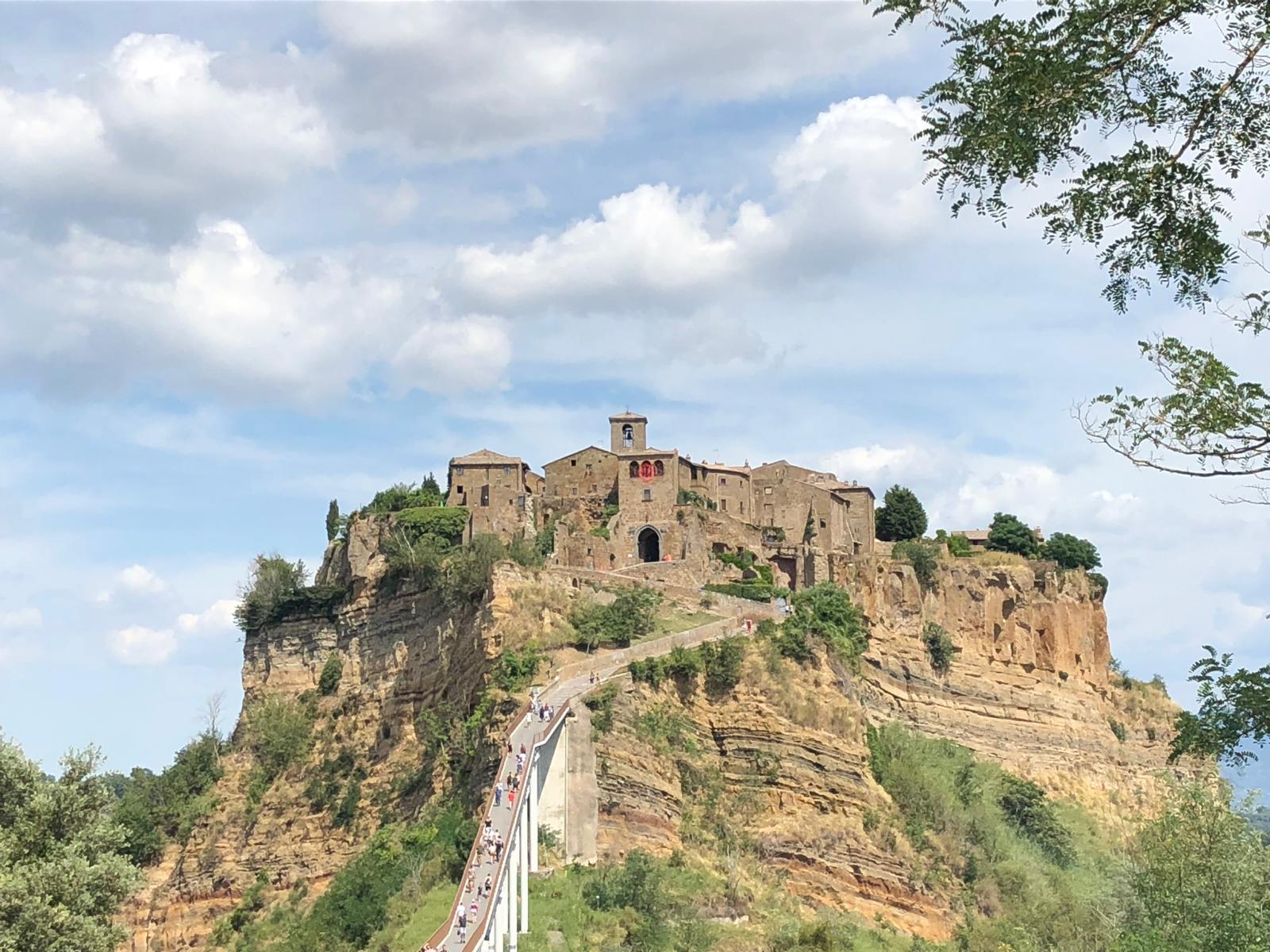Living Abroad FAQs: Is Italy Expensive for Expats?
Moving to Italy is a dream for many, but one common question that arises is: “Is Italy expensive for expats?” The cost of living in Italy can vary greatly depending on the region, lifestyle choices, and personal spending habits. Here’s a comprehensive look at the expenses you might encounter as an expat in Italy.

1. Housing Costs
Housing is one of the most significant expenses for expats in Italy. The cost varies widely between cities and rural areas.
- Major Cities: In cities like Rome, Milan, and Florence, expect to pay higher rents. A one-bedroom apartment in the city center can cost between €800 and €1,500 per month. Outside the city center, prices drop to around €600 to €1,000.
- Smaller Towns and Rural Areas: Housing is more affordable in smaller towns and rural areas. Rent for a similar apartment can range from €400 to €800 per month.
2. Utilities and Internet
Utilities, including electricity, heating, cooling, water, and garbage, typically cost between €100 and €200 per month for an average apartment. Internet services can add another €20 to €40 per month.
- Utilities: The cost can fluctuate based on the size of the apartment and usage patterns.
- Internet: High-speed internet is available throughout most of Italy and is relatively affordable.
3. Groceries and Dining Out
Food expenses in Italy can be reasonable, especially if you shop at local markets and cook at home.
- Groceries: Monthly grocery bills for a single person can range from €200 to €400, depending on dietary habits and preferences.
- Dining Out: Eating out can be quite affordable. A meal at an inexpensive restaurant costs about €10 to €20, while a three-course meal at a mid-range restaurant might cost around €30 to €50.
4. Transportation
Italy has an efficient public transportation system, including buses, trams, and trains, which makes getting around relatively affordable.
- Public Transport: Monthly passes for public transportation in major cities range from €30 to €50.
- Driving: If you prefer driving, consider costs for fuel, insurance, and maintenance. Fuel prices are higher than in some other countries, and owning a car can be more expensive in urban areas due to parking fees and congestion charges.
5. Healthcare
Italy’s healthcare system is known for its high quality and affordability.
- Public Healthcare: Expats who are legally residing in Italy can access the public healthcare system, which offers excellent services at minimal costs.
- Private Healthcare: Private health insurance is also available and may cost between €100 and €200 per month, depending on the coverage.
6. Education
If you have children, education costs will be a consideration.
- Public Schools: Public schools in Italy are free and offer high-quality education.
- Private Schools: Private and international schools are available, with annual tuition fees ranging from €5,000 to €20,000.
7. Miscellaneous Expenses
Other costs to consider include entertainment, clothing, and personal care.
- Entertainment: A cinema ticket costs about €8 to €12, while monthly gym memberships range from €30 to €60.
- Clothing and Personal Care: Costs for clothing and personal care vary widely depending on preferences and lifestyle.
Conclusion
Is Italy expensive for expats? The answer largely depends on your lifestyle, location, and personal spending habits. Major cities can be pricey, but smaller towns and rural areas offer more affordable living options. By planning and budgeting wisely, you can enjoy the rich culture, delicious food, and beautiful landscapes that Italy has to offer without breaking the bank.
Whether you’re planning to retire, work remotely, or start a new life in Italy, understanding the cost of living is crucial. With careful planning and a realistic budget, you can make your dream of living in Italy a reality.


